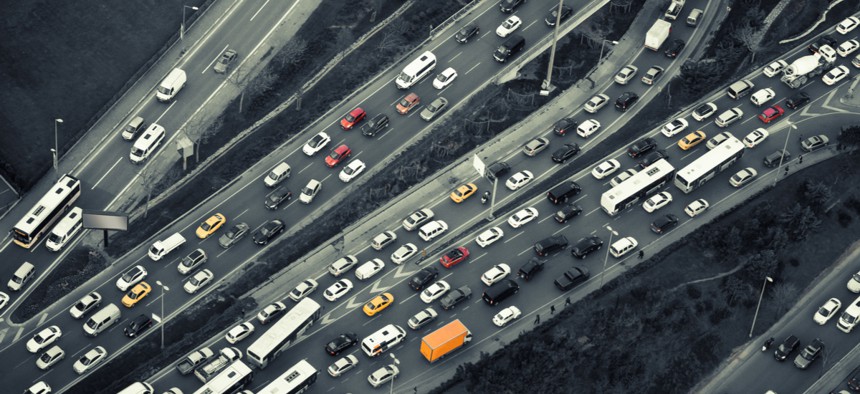Most Americans Think Self-Driving Cars Are Inevitable but Fewer Than Half Would Ride in One

Repina Valeriya/Shutterstock.com
Americans are freaking out about the possibility of driverless cars hitting the road.
Americans are freaking out about the possibility of driverless cars hitting the road.
According to a recent Pew Research Center report, roughly two-thirds of Americans think robocars will dominate roads within the next half-century, yet fewer than half say they would choose to ride in one themselves.
Of the people who wouldn’t take a driverless trip, the biggest fears centered around a general lack of trust in the technology—a reluctancy to cede control to a robot—and more specific safety concerns.
People who did fancy the idea of a driverless car ride named the experience as their primary motivation. Safety again came in second—this time, due to beliefs that autonomous cars will be safer.
The majority of Americans are pessimistic about how self-driving cars will impact society. Sixty-one percent think driverless cars would either increase or have no impact on traffic deaths, 81% expect them to displace professional drivers, and 72% don’t think they will reduce urban traffic.
Americans agree on at least one benefit of driverless cars: 75% say they will give the elderly and disabled more independence. The problem: only 35% of Americans ages 50 and up would willingly take a driverless ride.
The data reflects the anxiety that many Americans are feeling in the face of rapid technological change. They have defiantly accepted its inevitability yet still harbor fears about whether they will still be happy, healthy, and safe in a future, automated world. For automakers eager to launch us into the future, Pew’s study underscores how far emotionally we still have to go.





